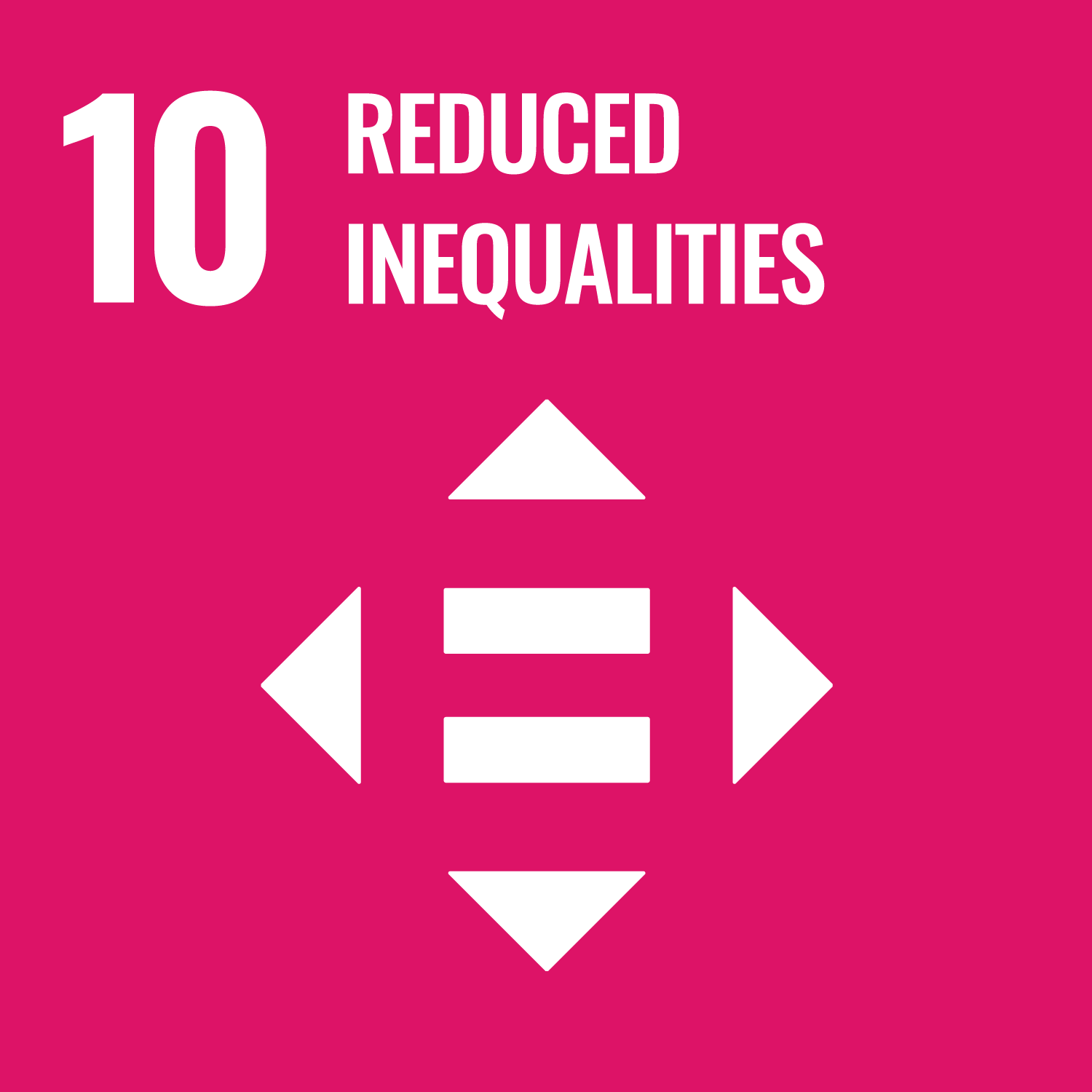The energy poverty management process is a slow, inefficient and time consuming for social services. The project has built a blockchain system to simplify the process with a distributed network platform that integrates all the parties involved in the process (social services, regional communities and electricity companies). This system allows to share all the information in real time with security, traceability, immutability, reliability and in accordance with the GDPR and the right to be forgotten.
The CONFÍA project offers a:
- digital solution that automates the operation of the energy poverty management process and cutoffs associated with the most vulnerable customers.
- distributed network platform that integrates all the stakeholders involved in the process (City Councils, Autonomous Communities and Electricity Companies).
- online management system that allows communication among all the agents involved, leaving traceability of all transactions carried out and maintaining privacy and compliance with the RGPD regulations.
- system based on Blockchain technology.
With a budget of over 1 million € the project has developed the following activities:
- Phase 1: Agile Team creation. Nov 2019. Create a multidisciplinary team compose of a team of 20 experts in social affairs, user experience, legal advice, blockchain, infrastructure and distributed systems from Endesa, Malaga City Council, University of Malaga and Software developers.
- Phase 2: Functional analysis. Nov 2019 - Jan 2020. Study the process "as is" to develop a optimized process "to be" analysing every aspect of the problem.
- Phase 3: Technical analysis. Feb 2020 - Mar 2020. Study the optimal blockchain architecture for the application.
- Phase 4: Software development. Abr 2020 - Jun 2021.
- Phase 5: Pilot test in a real environment. Sep 2020 - Jun 2021. Test the technology and the system with Málaga City Council.
- Phase 6: Implementation and scale-up. Jul 2021 - Dec 2021 Put the system into production for several City Councils and scale-up.
- The role of the City Council was critical. They adviced on the problem, the functional requirement, the solution implemented and the testing on the pilot.
Some concrete key performance indicators (KPIs) of the project include the 86 social service agents that received training.
Main beneficiaries: the disabled, energy poor, low income people.
-

-
 Countries impacted:
Countries impacted:
Spain -
 Geographical scale:
Geographical scale:
Regional and Local -
 Energy poverty phase:
Energy poverty phase:
Implementation -
 Intervention type:
Intervention type:
Transparency and information sharingFinancial mechanisms -
 Professionals involved:
Professionals involved:
Member of a local/national authorityEngineerResearcherSocial worker -
 Partners involved:
Partners involved:
-
 Type of funding:
Type of funding:
Private and regional funds by CTA - Corporación Tecnológica de Andalucía -
SDGs addressed:






